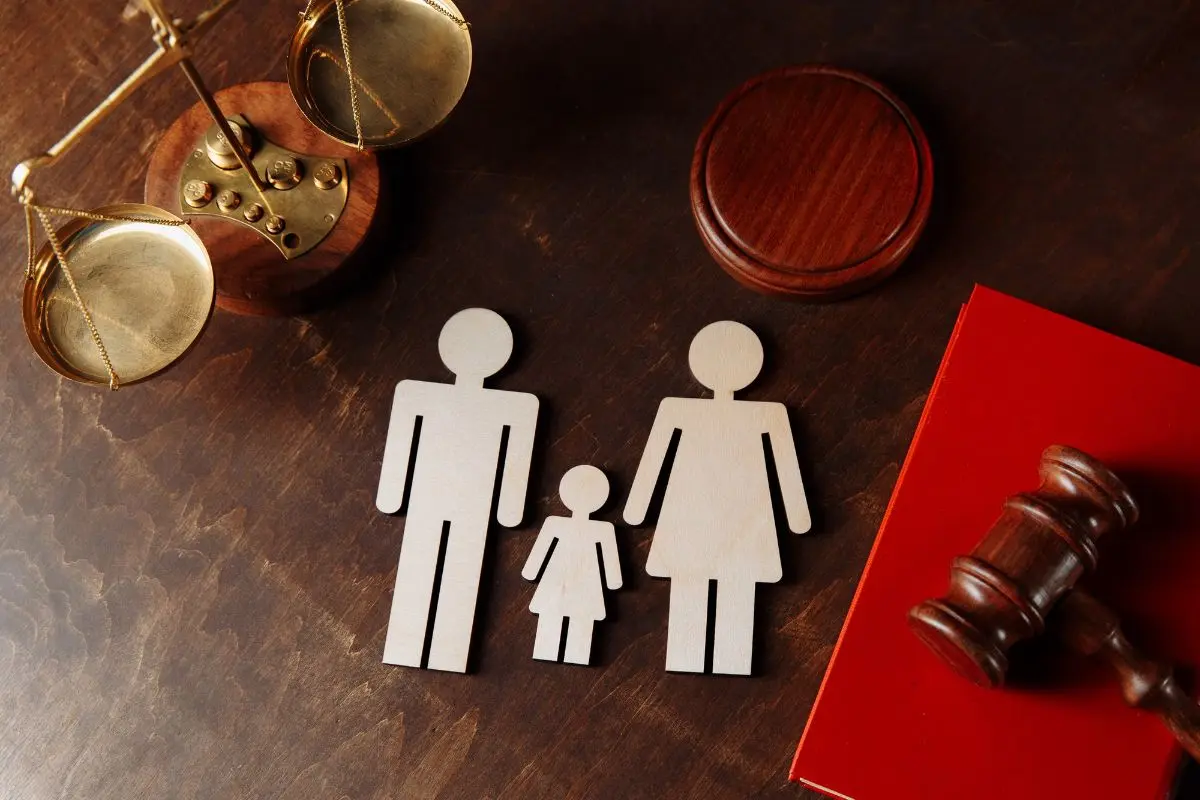In the aftermath of a divorce, a major life transition that affects not just the spouses but also their children, child custody matters emerge as the most crucial aspects to address. These delicate and intricate legal issues demand careful consideration, thorough understanding, and often, professional legal guidance. With the child’s emotional well-being as the paramount concern, Dubai’s legal system strives to prioritize the child’s best interests throughout the custody determination process. This article delves into the intricacies of child custody laws in Dubai, illuminating the key aspects that parents should be aware of as they navigate this challenging journey.

Legal Framework
Dubai, one of the United Arab Emirates, operates under a dual legal system, incorporating both civil and Sharia laws. For matters related to family law, including child custody, Dubai adheres to Sharia principles. However, it’s important to note that Sharia law is not a rigid set of rules but rather a framework that guides legal decisions based on Islamic principles.
Child Custody in the UAE
According to Federal Law No. 28 of 2005 concerning Personal Affairs, the biological mother is the custodian of the child, responsible for their day-to-day care. This is in line with the traditional Sharia view that the mother is the primary caregiver, particularly during the child’s early years. The father, on the other hand, is designated as the guardian, holding the right to guardianship without impinging upon the mother’s custodial responsibilities. This guardianship role involves overseeing the child’s religious upbringing and major decisions related to their education and healthcare.
In determining child custody, the courts in Dubai prioritize the best interests of the child, considering various factors such as the child’s age, maturity, emotional well-being, and the stability of each parent’s home environment. While the mother is typically granted physical custody, particularly for younger children, the court may also consider joint custody arrangements if deemed suitable for the child’s best interests.
Custody Regulations
According to Articles 143 and 144, there are essential characteristics expected of a custodian. These include being rational, reaching the age of puberty, demonstrating honesty, having the capability to raise and care for a child, and being free from infectious diseases. Moreover, individuals seeking custodial responsibilities should not have a record of being sentenced for an honor crime. In situations where the custodian is the mother, additional conditions apply. She is advised not to remarry unless deemed in the child’s best interests by the court and is required to share the same religious affiliation as the child. These criteria emphasize the scrutiny applied to custodial appointments and highlight the importance of specific conditions for the child’s overall well-being.
If custody was granted to the father, he must share the same religious affiliation as the child and must have a suitable woman living in his home, such as a female relative, to attend to the child’s needs.
Custody Period
While the mother typically holds custody of the child, the father may seek custody once the son reaches the age of 11 and the daughter reaches the age of 13. This aligns with the traditional Sharia view that the mother is the primary caregiver during the child’s early years. However, the mother can request an extension of the custody period until the son completes his education or the daughter gets married. To support this request, the mother must demonstrate her positive influence on the children’s well-being, such as through school performance reports and medical records. Conversely, the father may pursue custody if he believes that the son is developing excessive softness under the mother’s care, prioritizing the child’s development of greater responsibility. Ultimately, the court will decide based on the child’s best interests.
Prioritizing the Child’s Well-being
The paramount consideration in child custody matters in Dubai is the best interests of the child. The courts meticulously evaluate various factors, including the child’s age, emotional and physical well-being, and the ability of each parent to provide a stable and nurturing environment. This approach aligns with the Islamic principle of “maslahah,” which emphasizes safeguarding the child’s holistic well-being.
Resolving Custody Disputes
In the face of divorce or separation, parents may find themselves entangled in custody disputes. Mediation, a collaborative process facilitated by a neutral third party, is highly encouraged to reach an amicable agreement. This approach promotes open communication and mutual understanding, prioritizing the child’s best interests. However, if an agreement cannot be reached, the court will intervene. A judge, after carefully considering the presented circumstances, will make a final decision that upholds the child’s well-being.
Get in touch with us today to receive professional advice on all matters related to family law in the UAE.




